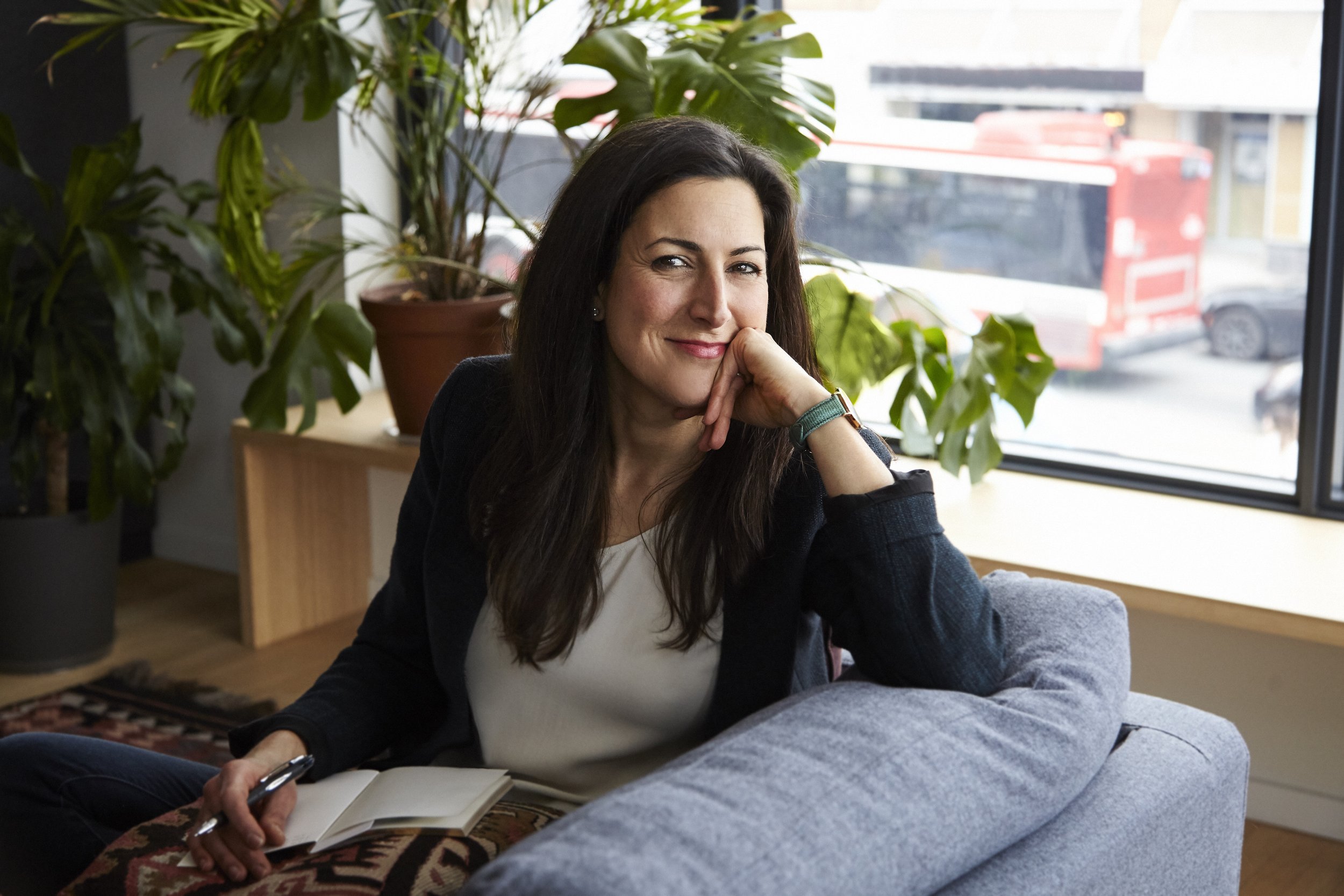on not fitting in
when we stop striving to fit in, we become our best fit
In our tireless striving to fit in, what if we’ve missed the hidden gem that will bring us the very fulfillment we most seek?
On not fitting in
I’m White, I grew up middle class in a supportive family, and I’m able-bodied.
Your assumption may be that I’ve had a life of ease.
But, I don’t feel that I’ve had a life of ease.
And that’s because, below the surface, I am an outlier.
I believe that I became an outlier in Grade 7.
That is the year that my “weak link” was discovered and, for many years thereafter, the impact was deeply wounding.
In Grade 7, not unlike other kids (especially girls) in my grade, I was teased.
As a sensitive child, my companion traits of creativity, exuberance and generosity had always served me well - up until Grade 7. That first year of Junior High presented the perfect breeding ground to seed a trauma within an otherwise good-natured child.
In those two years, the belief I grew up with to “treat others kindly and you’ll be treated kindly back” was no more. The daily taunts rotated between “‘stache-girl,” “big-nosed bitch” and “loser.” My Sony walkman was stolen from my locker. At lunch time, a popular boy named Chris called out across the packed lunchroom table that I was too ugly for him to look at.
Other kids would laugh when they got pulled down the big schoolyard hill by their ankles and ceremonially “green-assed”. When I was pulled down the hill, I cried.
And, when I cried, I was teased.
There was always a fresh scent trail to my exposed emotions - and the bullies easily sniffed out their prey.
It was a vicious cycle where I became hyper-vigilant to the otherwise normalized junior high jostling.
The taunts were soon daily and I began to feel “sick” at school.
I remember heading to the office midway through the day and asking to go home.
Alone at home, I’d quell the dread with food.
One time, my parents came to school to meet with the guidance counsellor. The memory is grainy, but I recall feeling like a failure, deeply embarrassed for my parents to see me this way. I had caused them unnecessary suffering, I feared.
”Sensitive child” syndrome, we thought at the time.
I now believe that I was actually an emotional outlier: highly intuitive and unable to process the “unseen” which I so deeply sensed.
Without the right support at the time to make these connections, I sought out less sustainable solutions for my dis-ease: food and body obsession.
I would be safe and worthy if I could just be more attractive like some of the other girls, I resolved.
I started out on my workout regime.
At 13-years-old, I’d come home after school and pop Cindy Crawford’s work-out video into the VCR. Other kids were out playing with friends and I was doing jumping jacks in my family’s cold basement, striving to fit in with a supermodel body.
Those early years as an outlier built a striving streak towards a certain version of success in my later years as a journalist within a highly competitive and intense work environment.
But, the more I strived to fit in, the more I suffered. The striving seed was planted 30 years ago - but it likely lived in my ancestral history for much longer than that.
Through many years of my own healing, the wounds of my early adolescent years have become beautiful scars which now shape who I am as a friend, coach, mom, partner, human. Though I don’t wish that bullying for anyone, I am grateful. I have discovered a more fulfilling understanding of who I am and why I am an outlier.
This is what I share in common with my friend Renee Laforet, this week’s podcast guest.
Externally - we couldn’t be more different.
Renee is Black, I am White.
Renee grew up with few resources, I grew up with many.
Renee is a leader within Tech, I am certainly not a leader within Tech!
And - it is critical to say, I am by no means comparing our suffering here.
But I am sharing this: trauma and striving is colour blind.
Renee’s own version of obsession to fit in led to years of overachieving and, ultimately, to serious illness, imposter syndrome and impossible pressure she put on herself and her family.
Renee finally gave up trying to fit in to wake up to a whole new version of success.
Today, Renee is most interested in becoming....
Becoming her own personal best version of success.
Becoming her own best version of a leader.
Becoming her own best version of a human.
“What do I need to learn from this situation? What do I need to learn from this person? What do I need to learn from this challenge? It's really all about how you choose to interpret it,” Renee shares.
Renee joins me this week on the podcast for a deeply empowering conversation on how to awaken your highest calling by getting honest about who you are - and who you aren’t.
You can follow or subscribe to my podcast, A Success Of Our Own, here and be the first to receive Renee’s episode when it drops Tuesday morning.
Want to get more honest about how to create a more sustainable success?
Want to experience greater ease, calm and joy as you move towards what you most desire?
I’m sharing my transformative process in my FREE MasterClass: Built for Sustainable Success.
I'll teach you the evidence-based practices to build a Success Of Your Own. You'll feel more clear, calm and confident about your next steps. What do you have to lose? Maybe some unnecessary worry/overwhelm.
WHEN: Tues Oct 10 and Wed Oct 11 from 12-1pm EST.
WHAT: Practical, Inspiring, Transformative
WHY: Nothing changes if nothing changes.


